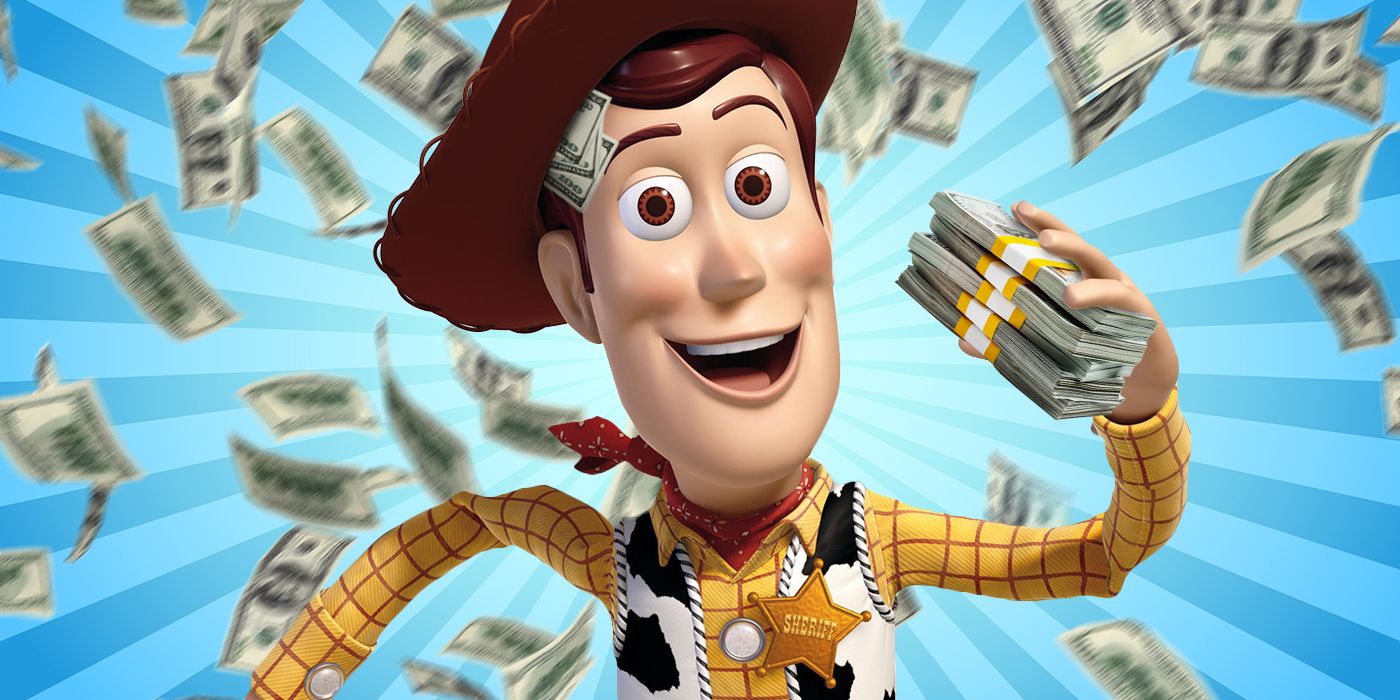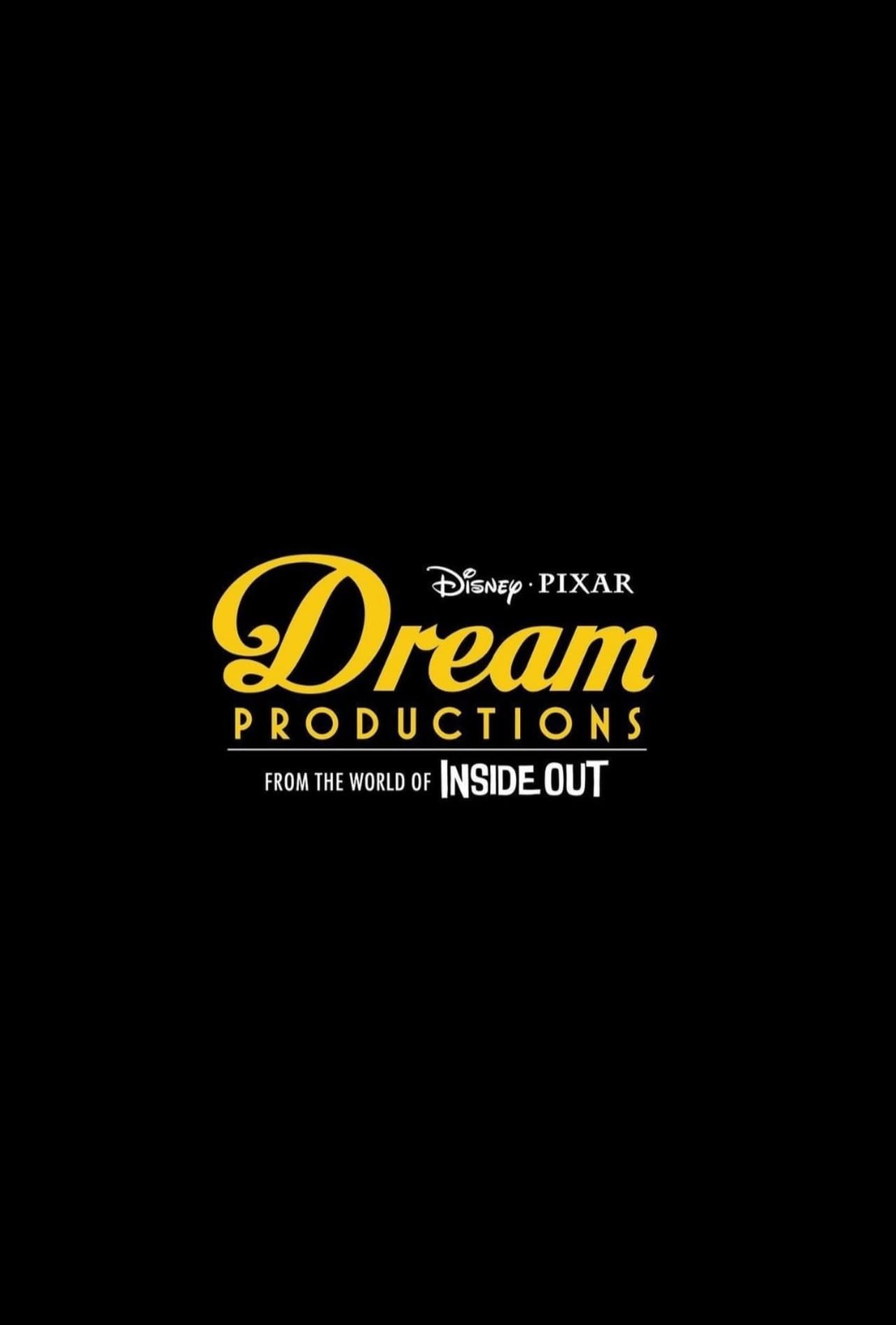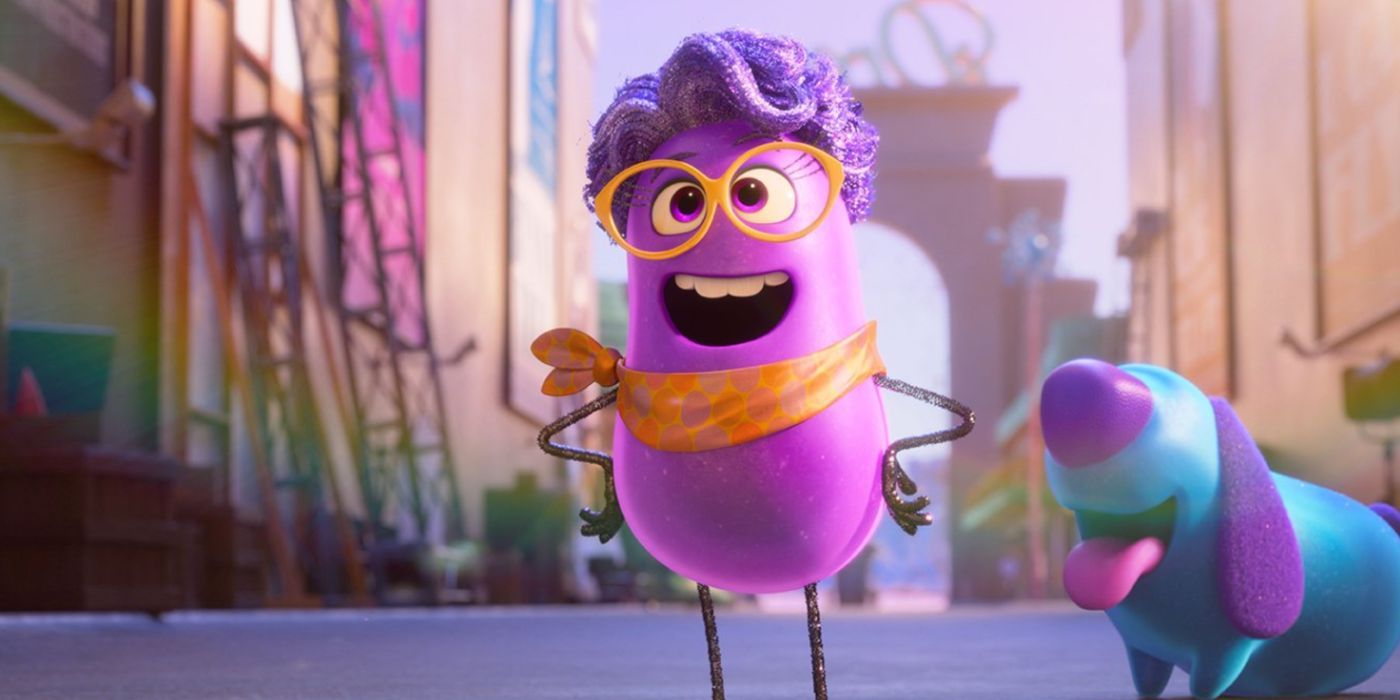
Inside Out Spin-off Review: Dream Productions Lacks Key Elements
Earlier this year, Inside Out 2 not only achieved the remarkable accolade of being the highest-grossing film of 2024 but also claimed the title of the highest-grossing animated film of all time. This sequel to the beloved original became the first Pixar film to surpass the billion-dollar mark globally since 2019’s Toy Story 4. For perspective, Inside Out 2 generated an impressive amount in its opening weekend, equivalent to what Elemental earned throughout its entire domestic run. So, what factors contributed to Inside Out 2‘s phenomenal success, particularly after years of moderate performances from Pixar and ongoing discussions about the studio’s creative decline?
It’s challenging to pinpoint a single reason, but for me, the Inside Out franchise embodies the essence of Pixar’s early magic, reminding us of the studio’s golden era when every story was both brilliant and meaningful. The narrative focuses on the journey of Riley, who navigates the complexities of her emotions as she matures. This allows Pixar to revisit a character akin to their flagship franchise, Toy Story. By returning to Riley, the franchise offers children an imaginative yet sincere perspective on their emotional experiences, while providing a narrative that resonates with adults who can relate to the emotional truths depicted. The beauty of Inside Out lies in its ability to craft a vibrant, whimsical universe filled with endless possibilities while maintaining an emotional depth that leaves a lasting impact, making it one of Pixar’s most cherished creations.
The Inside Out franchise concludes this extraordinary year with the introduction of <em>Dream Productions</em>, a new Disney+ series that takes place between the events of Inside Out and Inside Out 2. This series focuses on the creative team responsible for crafting Riley’s dreams, aligned with the namesake of the show. The concept is rich with potential, allowing for the kind of introspective humor that has characterized this franchise. While Dream Productions manages to establish its own unique narrative within the Inside Out universe, the series, despite being entertaining, lacks the emotional resonance, depth, and humor that have come to define the Inside Out films, which have become significant cultural touchstones for audiences of all ages.
Discover the Unique Concept Behind ‘Dream Productions’
Dream Productions adopts a mockumentary style, centering on Paula Persimmon (voiced by Paula Pell), a distinguished director operating within Riley’s mind. Initially, Paula’s crowning achievement was a dream that Riley had involving her beloved pacifier, a testament to the creativity of her younger years. However, as Riley matures into a twelve-year-old, Paula finds herself struggling to replicate that past success. Facing pressure from the head of Dream Productions, Jean Dewberry (Maya Rudolph), significant changes are implemented. Paula’s assistant director, Janelle (Ally Maki), is now given the chance to direct her own dreams for Riley, putting Paula in a position where she must collaborate with Xeni (Richard Ayoade), a more avant-garde director whose innovative methods challenge Paula’s traditional approaches. This narrative thread provides ample opportunity for character development and exploration of the dynamics involved in creating dreams.
In Dream Productions, the beloved characters Joy (Amy Poehler), Sadness (Phyllis Smith), and the rest of the emotions appear less frequently, serving more as a reminder of their presence than as active participants in the main storyline. This strategic decision allows Dream Productions to establish its own unique direction without relying heavily on the original film’s cast, creating a fresh narrative that minimizes potential continuity questions regarding the emotions introduced in Inside Out 2.
The overarching objective of dreams within this series is to deliver narratives that significantly impact Riley’s life, ensuring they are memorable and transformative. As Riley gears up for her first school dance, she faces numerous fears and challenges, and Dream Productions is dedicated to guiding her through the awkwardness of this pivotal moment. The series explores how the dreams crafted by the team can help Riley articulate her feelings, particularly when it comes to rejecting her mother’s hand-me-down dress, showcasing the emotional intricacies of adolescence.
Why ‘Dream Productions’ Lacks the Emotional Depth of the Original Inside Out Movies
The standout aspect of Dream Productions lies in the performances of Pell and Ayoade, whose dynamic chemistry provides an entertaining viewing experience. Paula Persimmon, depicted as a seasoned professional, grapples with the challenge of recapturing her past successes from Riley’s earlier years, often unaware that her methods may no longer resonate with the audience. In contrast, Xeni approaches the task of creating Riley’s dreams with an avant-garde flair that introduces its own complications. The series also allows Janelle to showcase her talent by crafting a dream that resonates profoundly with Riley. If an Inside Out 3 were to be produced, fans would undoubtedly welcome the return of Pell and Ayoade, as their characters’ contrasting styles provide an intriguing narrative framework. However, Dream Productions centers its narrative around Paula and Xeni’s development, often sidelining the opportunity to explore what makes a dream truly impactful.
Despite spanning four episodes, Dream Productions feels shorter than either of the Inside Out films, leading to a rushed narrative experience. Each episode is penned by Mike Jones, co-writer of acclaimed films Soul and Luca, yet there is insufficient time devoted to developing the characters in any meaningful way. As a result, the series predominantly emphasizes Paula’s occasional triumphs and failures rather than delving into the deeper motivations behind her desire to influence Riley’s life. While we witness Riley’s reactions to the bizarre occurrences in her dreams, these moments lack the emotional weight that characterized the original film. In contrast, the original Inside Out powerfully illustrated how each emotion had a profound impact on Riley’s journey, resonating in genuinely beautiful ways. Notably, Dream Productions fails to evoke similar interactions between the internal emotional landscape and Riley’s external experiences.

Related
The 15 Highest-Grossing Pixar Movies, Ranked
“Ah, ha ha ha! Money, money, money!”
Spanning just about 82 minutes in total, the series Dream Productions lacks the necessary runtime to fully explore its intriguing premise. This brevity, especially for a series rather than a feature-length film, results in a narrative that feels densely packed and somewhat rushed compared to the expansive storytelling seen in previous Inside Out films. The decision to adopt a mockumentary format serves primarily as a convenient device for characters to articulate their feelings directly to the audience, rather than organically demonstrating their emotions through action. By the time the fourth episode concludes, the characters appear to hastily arrive at their lessons learned, culminating in an ending that lacks the emotional depth one would typically anticipate from a Pixar project. It’s surprising to think that a couple of additional episodes might have significantly enhanced the narrative’s development.
While it’s commendable that Dream Productions strives to establish its own unique identity apart from the original Inside Out films, it ultimately falls short of capturing the elements that make this universe so beloved. Although Dream Productions is an enjoyable way to spend an hour and a half, its shortcomings are magnified in comparison to the powerful emotional storytelling present in Inside Out 2, which continues to resonate with audiences. While Dream Productions may lack the heart and humorous charm of its predecessors, it still offers a refreshing experience that is pleasing in its own right.
Dream Production is set to debut with all four episodes on December 11 on Disney+.

Dream Productions
Dream Productions is entertaining, but can’t capture the magic of Inside Out.
- Paula Pell and Richard Ayoade are a joy, as always.
- Dream Productions paves its own path, without following too much in Inside Out’s footsteps.
- Four episodes makes this rushed and shorter than either Inside Out film.
- Dream Productions doesn’t have the emotional hook that one would expect.
Set against the imaginative backdrop of Riley’s subconscious, Dream Productions artfully navigates the intricacies of the dream-making process, showcasing the challenges faced by the team responsible for crafting Riley’s nightly adventures. Blending humor, creativity, and psychological exploration, the series invites viewers to delve into the vibrant world of dreams and their potential impact on Riley’s life.
Release Date: December 11, 2024
Watch on Disney+




